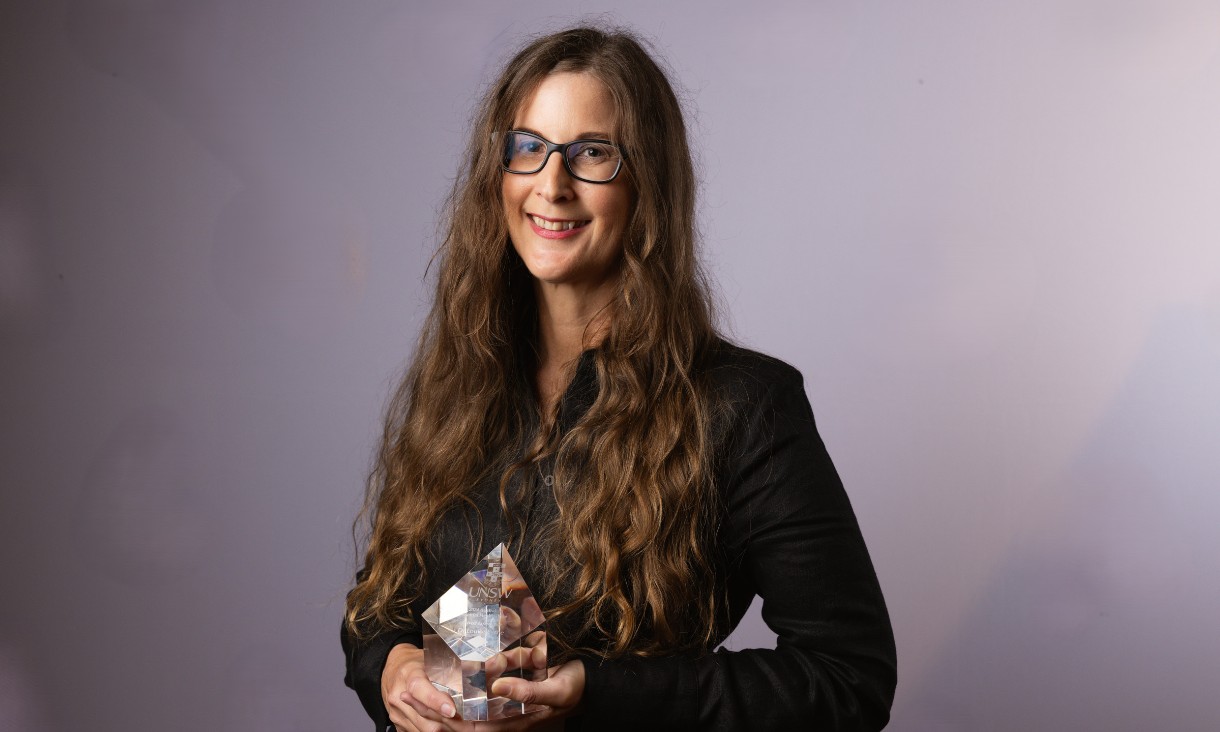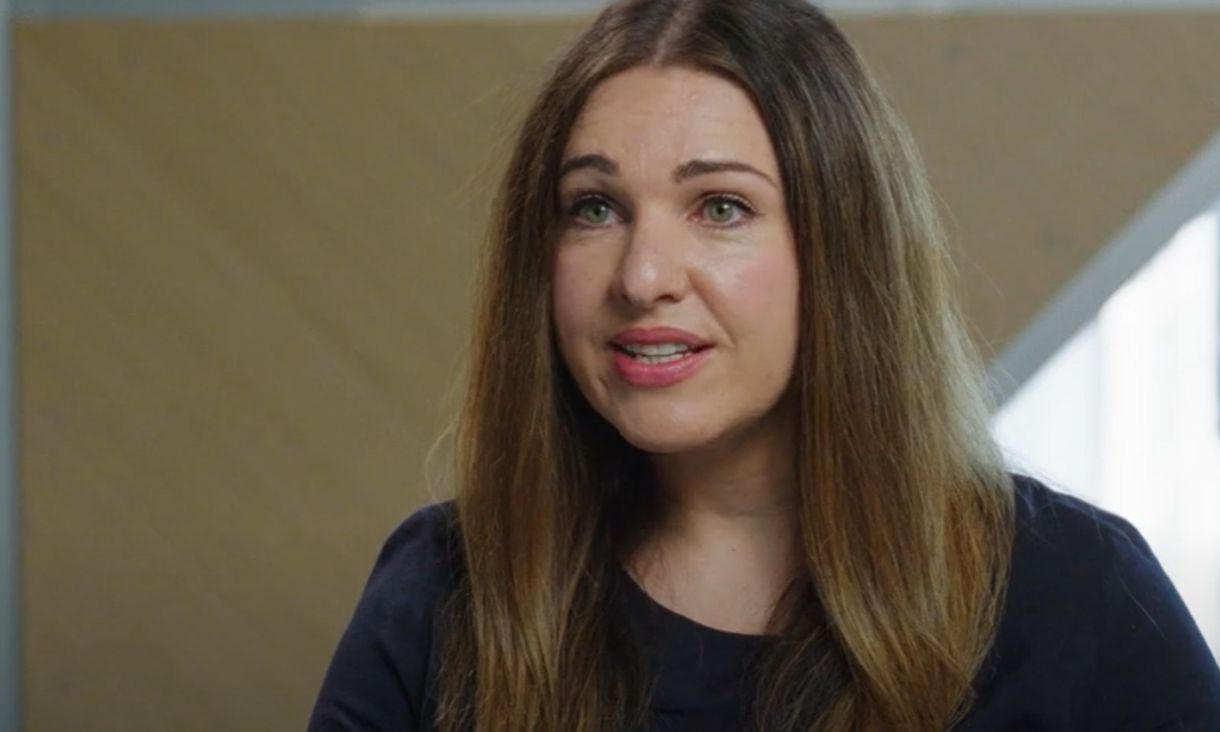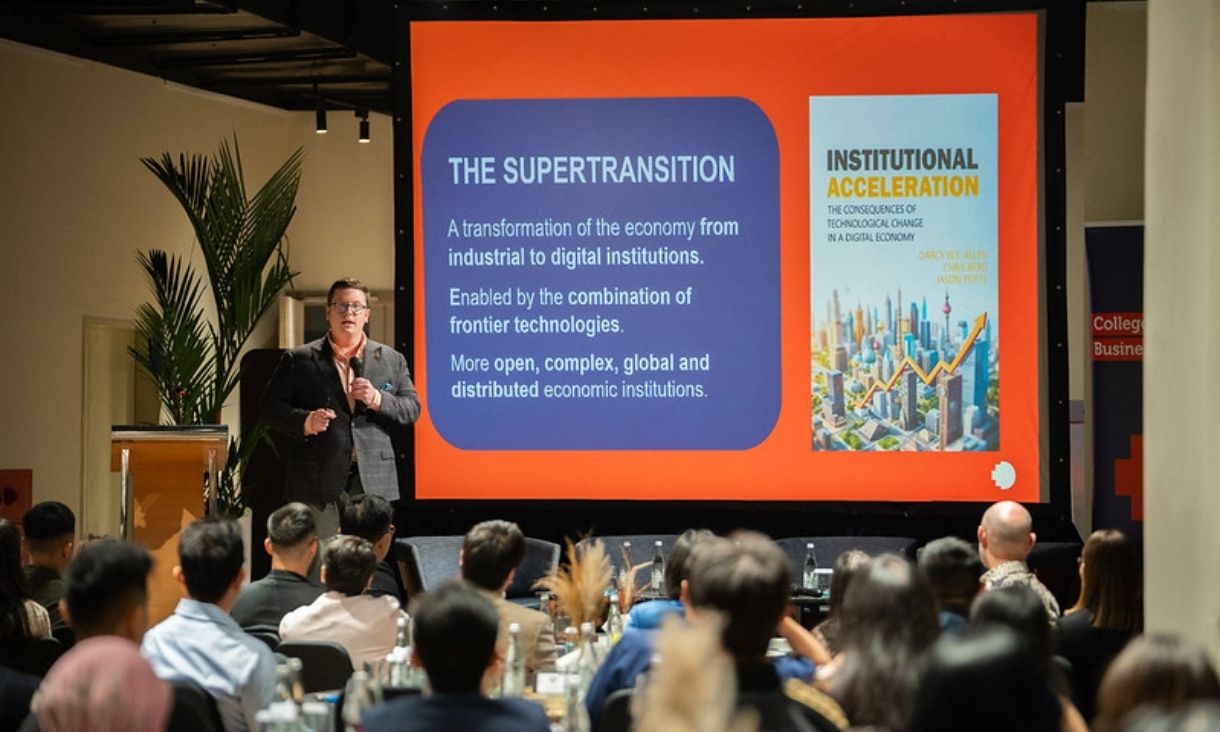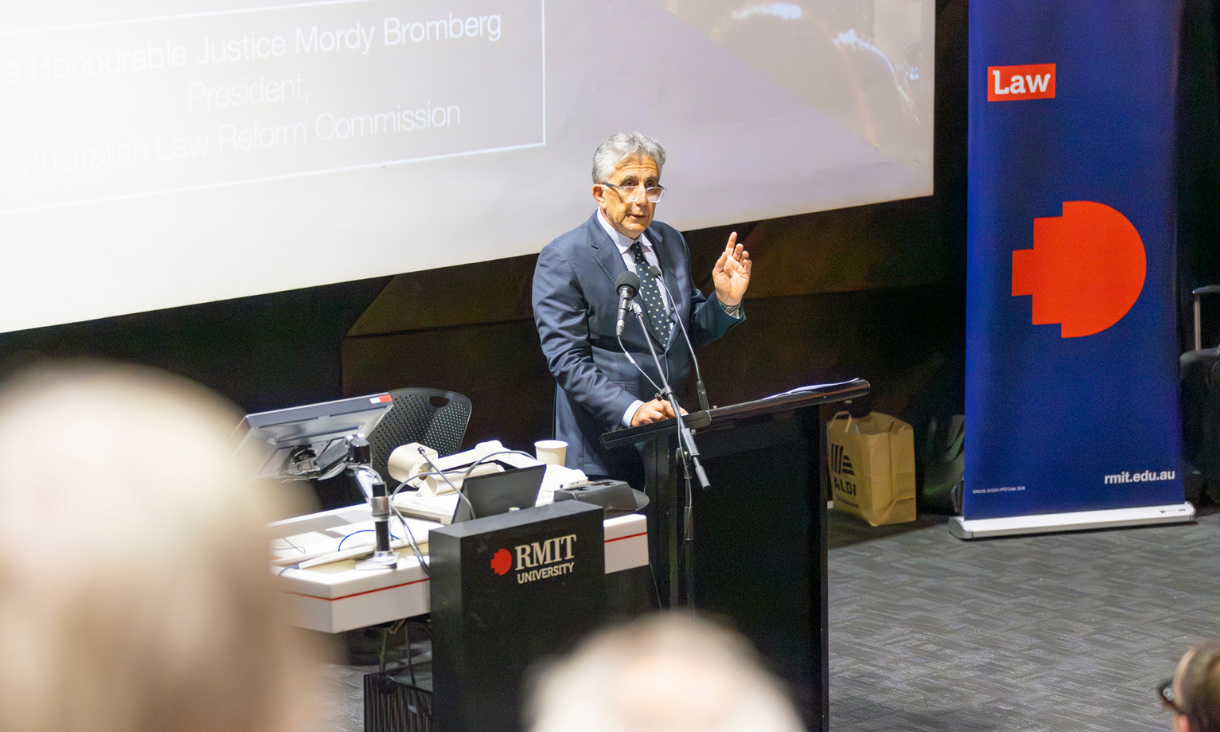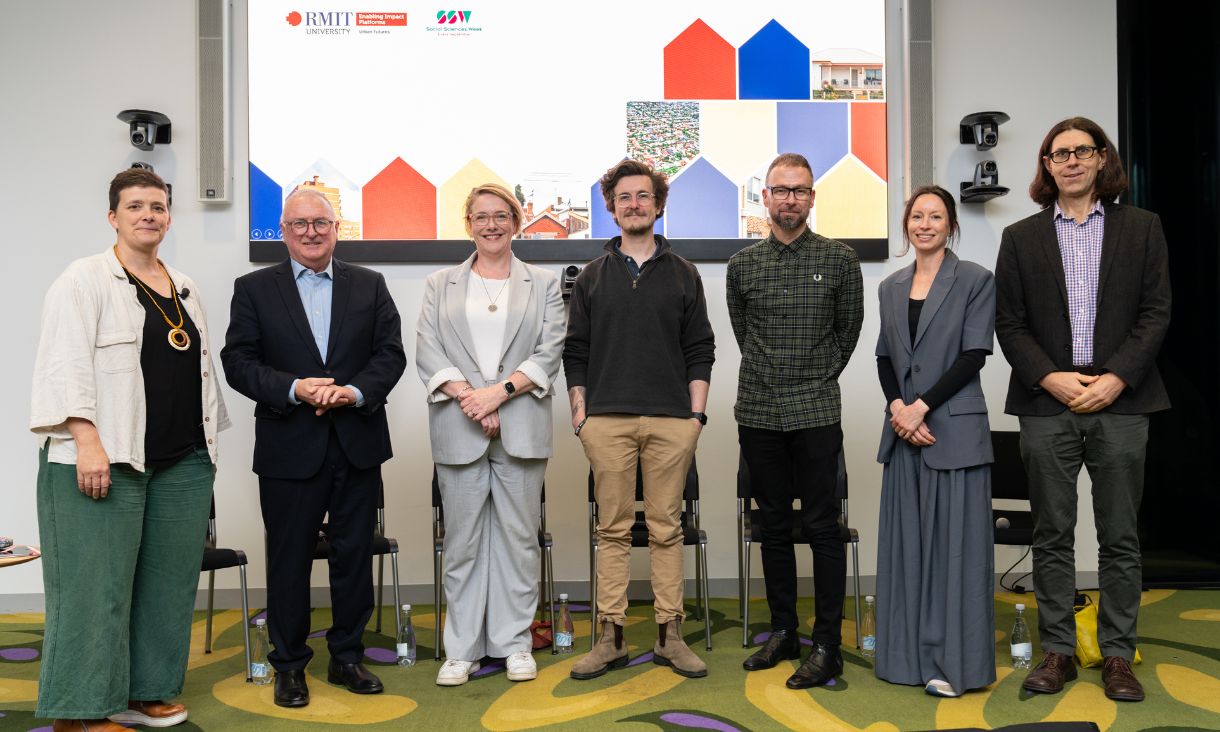Byrne’s research has established a comprehensive evidence base that promotes the value of Lived Experience as a distinct discipline and outlines strategies to support this unique workforce.
Recently, she led the development of the National Lived Experience (Peer) Workforce Development Guidelines – a key action of the Fifth National Mental Health and Suicide Prevention Plan – which offers practical steps to integrate Lived Experience principles into mental health services nationwide.
Byrne’s leadership and expertise have been previously recognised with numerous accolades, including a Fulbright Postdoctoral Scholarship at Yale University in the USA and national awards for her contributions to mental health research and advocacy.
She said that to make meaningful change in mental health outcomes, power must be shared widely at every stage of the process.
“For genuine reform, it's crucial to share power at every stage—from setting priorities to implementing and evaluating services.”
“I am deeply honoured and committed to advancing this understanding and ensuring that Lived Experience is at the core of meaningful, systemic change.”
Using experience to help others
Byrne is a pioneering advocate in the Lived Experience movement, becoming a leading figure in embedding Lived Experience roles within and beyond the mental health sector.
Lived Experience workers are increasingly employed in settings focused on mental health, disability, suicide prevention, harm reduction, and substance use, where they improve outcomes for individuals, families, and communities.
These roles draw from either personal life-changing experiences of distress, adversity, service use, or recovery, or supporting someone through such experiences, including navigating services and recovery.
Recently, Lived Experience roles are being integrated into broader industries like mining, construction, and energy to enhance worker wellbeing. Lived Experience roles encompass direct support, advocacy, management, research, education, training, and consultancy.
"Lived Experience leaders bring practical knowledge essential for creating effective, compassionate services,” said Byrne.
“By drawing on our unique insights and expertise, we can address deep-rooted challenges like marginalisation and loss of identity, leading to more inclusive systems.”
Helping create inclusive, equitable and thriving organisations
As well as being an integral part of the SoM in RMIT’s College of Business and Law, Byrne is also a member of the Centre of Organisations and Social Change (COSC).
COSC addresses how organisations can play a key role in driving a business agenda that promotes transformative social change for the inclusion and wellbeing of all.
Learn more about COSC by watching the video below.

